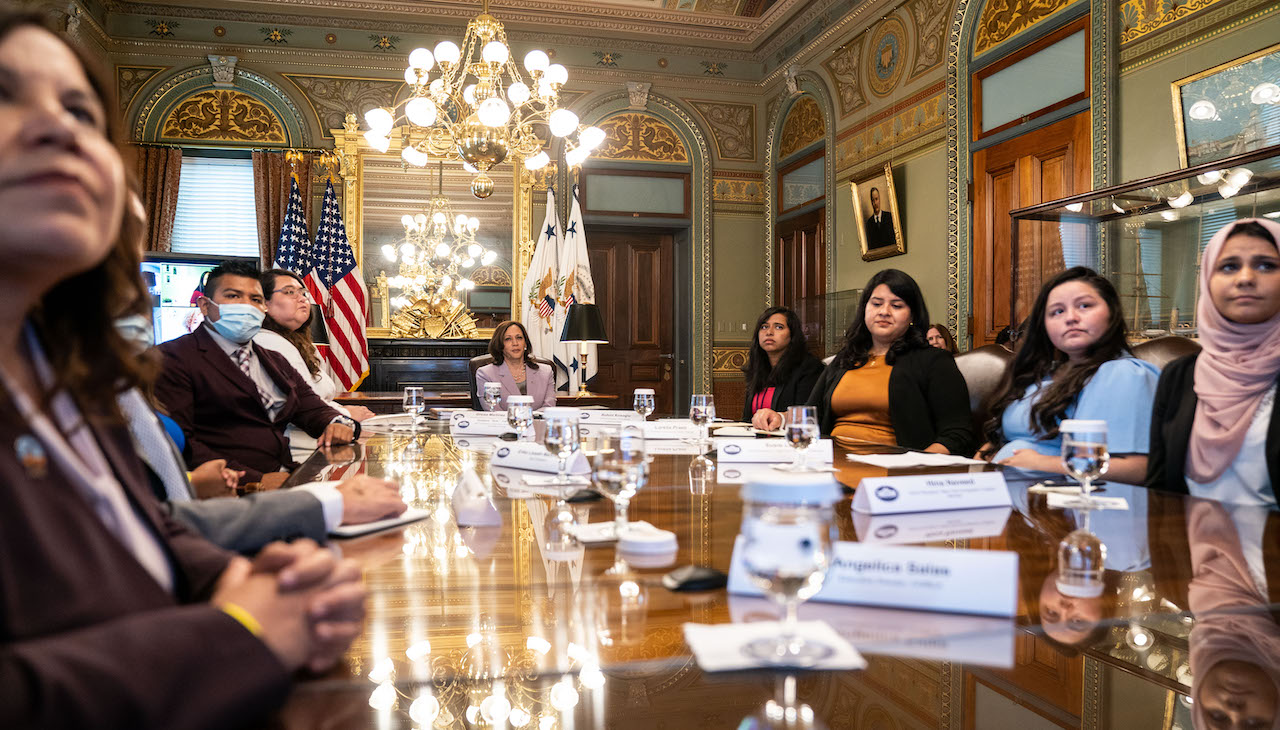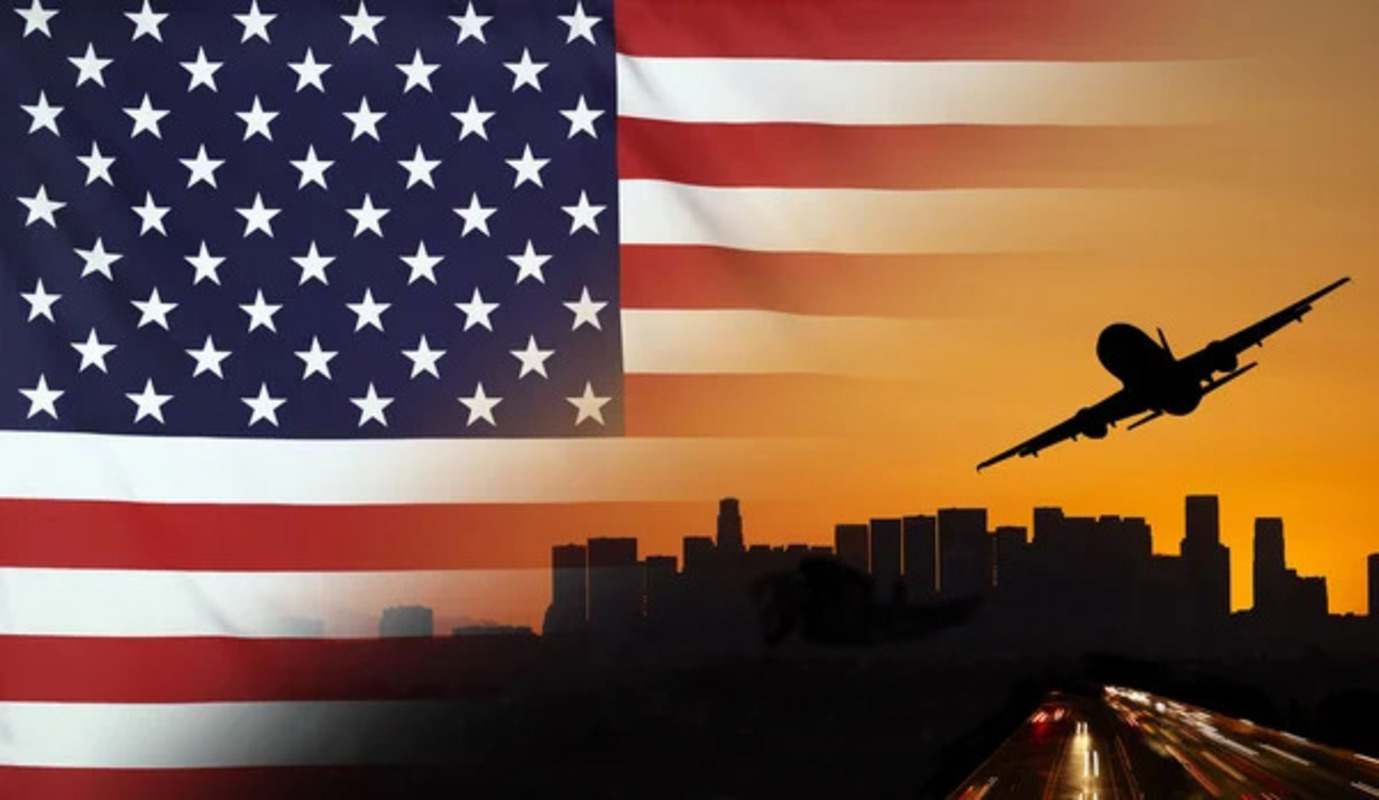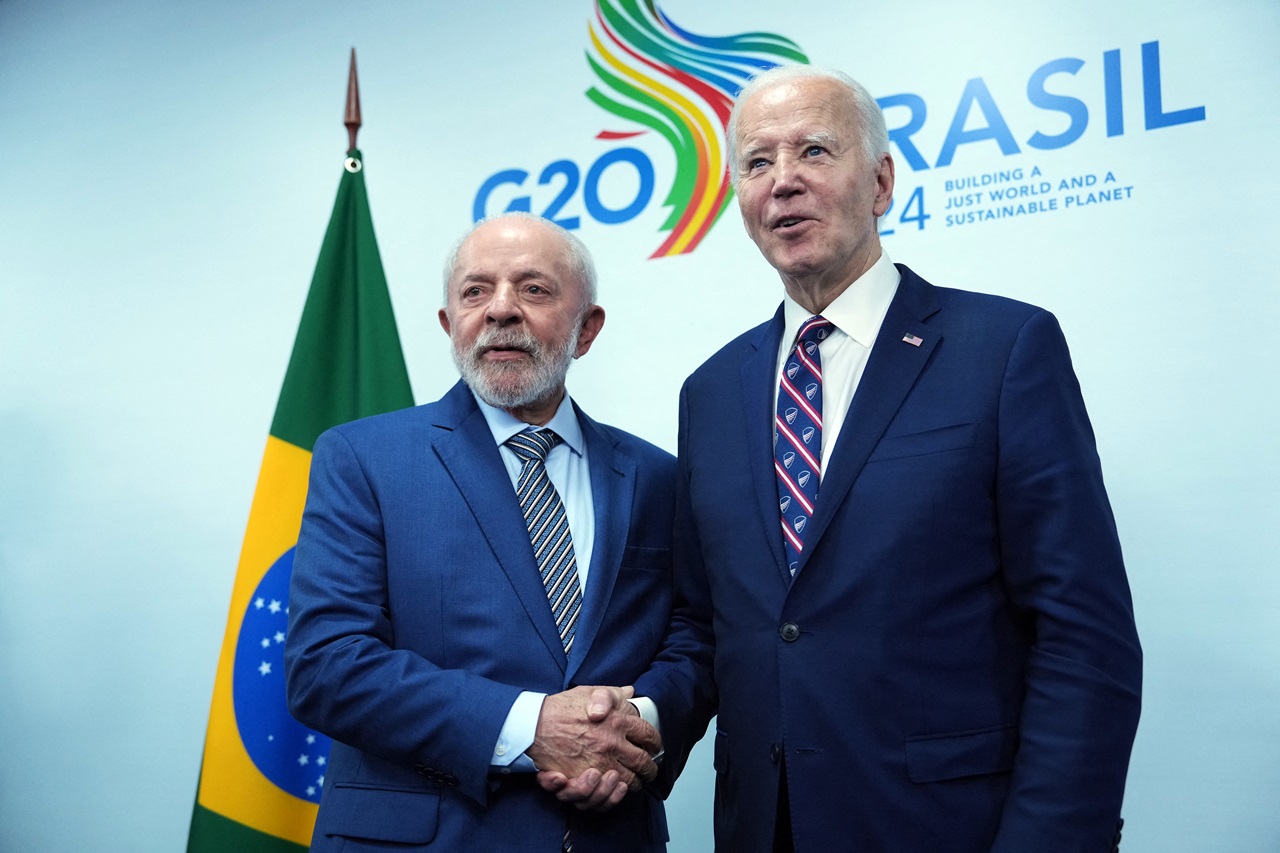
Dreamer graduates cut off from work permits as DACA sits under a pile of legal actions
Around 100,000 undocumented immigrants will become high school graduates this year, but for the first time in a decade, these so-called Dreamers, will not be eligible for work permits.
In fact, many of the undocumented 2022 graduates have not been in the U.S. long enough to receive benefits from the Deferred Action for Childhood Arrivals (DACA) program. The Obama-era policy was the focus of multiple attacks and litigation during the Trump administration.
For years, thousands of #DACA recipients who live under the constant threat of detention, deportation, and family separation, have been made to feel expendable.
— FIRM Action (@FIRM_Action) May 31, 2022
Enough. #DACAmented individuals have the right to live freely and safely. https://t.co/wgAK350NwU
DACA was established in 2012, giving Dreamers, who arrived in the country as minors before 2007, the right to work and study in the states, and have protection against deportation.
Only a quarter of these 2022 high school graduates will be eligible for DACA, making it the first graduating class since the policy’s been in place to have a majority of post-DACA noncitizen graduates.
But the DACA program is still a mess, as it is barely serving those individuals who are currently eligible for its benefits. The federal government can only process DACA renewals due to a court ruling, so even Dreamers who arrived before 2007 cannot even sign onto the program right now.
As this issue continues, there will only be more and more undocumented students graduating from high school with little opportunities to shape their lives as they truly desire.
According to data from FWD.us, a tech-industry linked immigration advocacy group, there are more than 600,000 undocumented students enrolled in K-12 schools in the U.S. and of that large number, only about 21,000 are enrolled in the program and potentially eligible for renewals.
Mark your calendars: Texas' court challenge to DACA has been scheduled for oral argument at the 5th Circuit on Wednesday, July 6.
— Suzanne Monyak (@SuzanneMonyak) May 27, 2022
The immigration program has been in limbo since a Texas federal judge ruled against it last summer. Background on that: https://t.co/SPLcEgPp99 pic.twitter.com/WbOUsEyvTg
According to a recent study by FWD.us, around 43,000 Dreamers graduating from high school this year live in 28 of the states that don’t provide in-state tuition for undocumented students.
This means that nearly 50,000 future professionals will be barred from working legally and will only be able to attend school if they can pay for the classes in full at state schools.
CONTENIDO RELACIONADO
Karen Nuñez Sifuentes, program and engagement coordinator at ConVivir Colorado, a leadership program for immigrant students, told The Hill that she was left out of the DACA program as she arrived in the states after 2007.
“Graduating from high school as an undocumented student was extremely daunting and heartbreaking. I was accepted to the school of my dreams but was unable to attend because I did not qualify for financial aid due to my status,” Nuñez said.
Daniela graduated from high school in 2020 and is currently ineligible for DACA. Without the program’s protections she is unable to work or drive — and lives in fear of being deported away from her loved one. Watch Daniela share her story in her own words: pic.twitter.com/QpFVwAgHh7
— FWD.us (@FWDus) May 26, 2022
While she was able to graduate from MCU Denver, she Nuñez was unable to continue a career in STEM because she could not work at federally funded labs. Her experience is not unlike many others who lack DACA protections.
Without the option to easily change their immigration status, non-DACA Dreamers must find work in places that don’t require authorization or find ways to pay tuition in hopes that DACA protections will be extended in the future.
But that future seems very far away, if possible at all. The program’s fate is buried under a pile of legal action brought on by the Trump administration’s attempt to end the policy, and any legislation on the matter is unlikely, at least in the short-term.
But still, advocates continue pushing Congress to tackle the urgent issues facing immigrants today, such as DACA and backlogs for work visa holders and their families.










DEJE UN COMENTARIO:
¡Únete a la discusión! Deja un comentario.